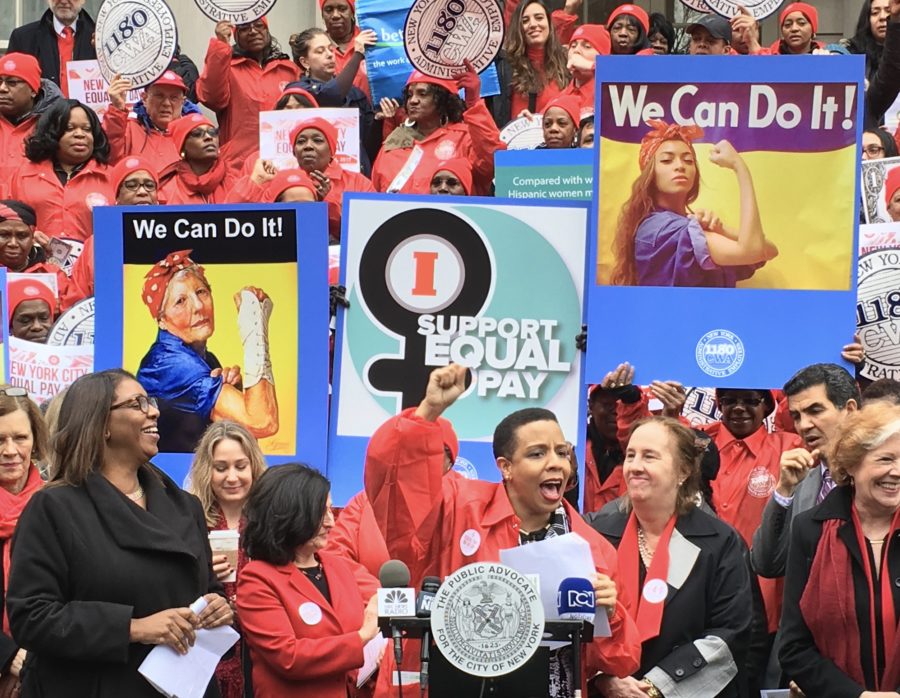Several weeks ago, ABB launched The Working Woman’s Pocket Guide. The guide provides a user-friendly way for women in New York to understand their rights in the workplace, from sexual harassment to equal pay to paid family leave to healthcare coverage, and much more. For the next few weeks, we’re going to bring the guide to you, breaking down each section.
In advance of Asian American Women’s Equal Pay Day tomorrow, we are spotlighting your right to equal pay. Employers are not legally allowed to pay you less because of your sex pursuant to federal, state, and local laws. Unfortunately, some employers still do. New York law has some important protections to help you figure out whether you’re being paid less and take action if you are.
Am I covered?
Nearly all employees in New York State are covered by the equal pay law, with the exception of those who work for a government agency. If you are a government employee, you may have rights under certain federal or local laws.
How do I know if I’m being paid less?
- Ask a co-worker. Under New York law, your employer cannot prohibit you from openly discussing with or disclosing your salary to a co-worker or retaliate against you for sharing pay information with colleagues.
- Notice if you’re missing out on a bonus or pay increase that your male colleagues receive.
- Notice if you receive fewer benefits than male colleagues.
- Notice if you’re being passed over for a promotion to a male colleague who is less qualified.
What are excusable differences in pay and what are not?
If your employer pays you differently than someone of the opposite sex, then that differential has to be “job-related” and “consistent with business necessity.” Your employer can’t simply make up a reason to justify the pay differential.
Do I have additional rights if I work in New York City?
Yes. Pay discrimination is also illegal under the New York City Human Rights Law. You are covered under this law if you work for an employer—private or government—with four or more employees.
In New York City, when you’re interviewing for a new job, an employer cannot rely on or ask about your salary history (including on applications), unless you voluntarily, and without prompting, choose to disclose it.
A couple additional notes:
- These laws apply to you regardless of your immigration or citizenship status.
- The information listed in this section does not constitute legal advice. It is always advisable to consult with an attorney about your individual circumstances if you have questions or think your rights as a worker have been violated.
To view the full Working Woman’s Pocket Guide, click here.





